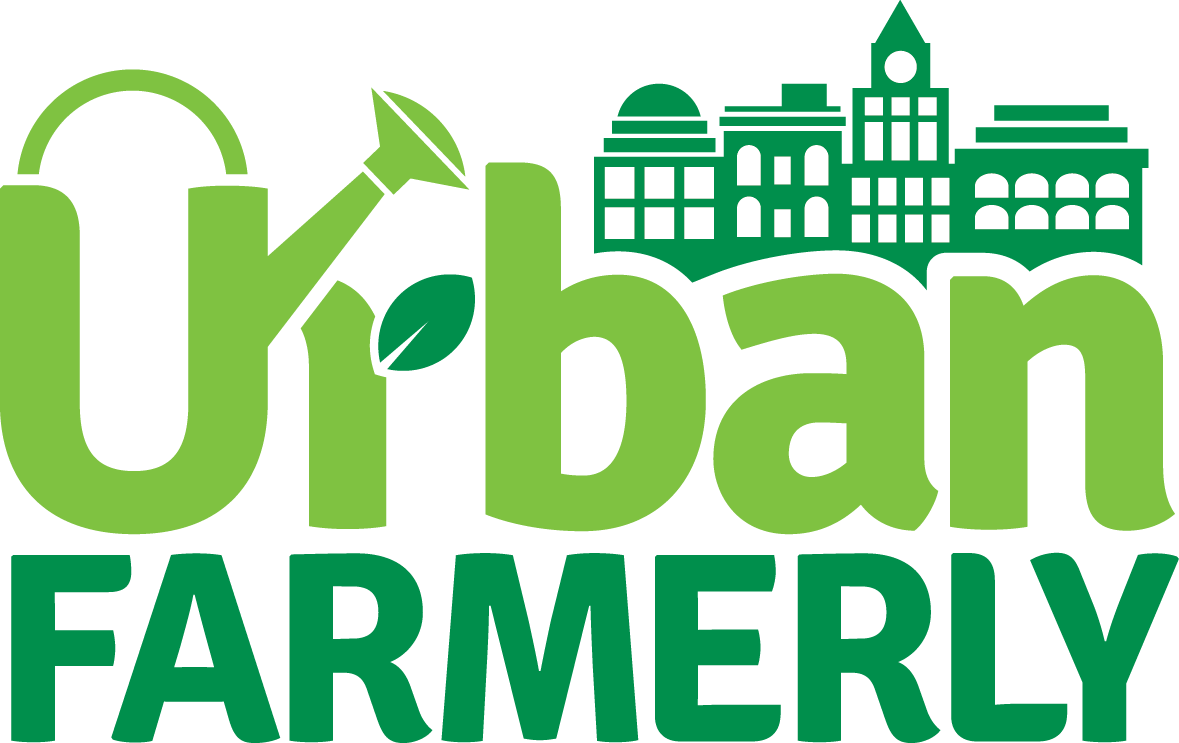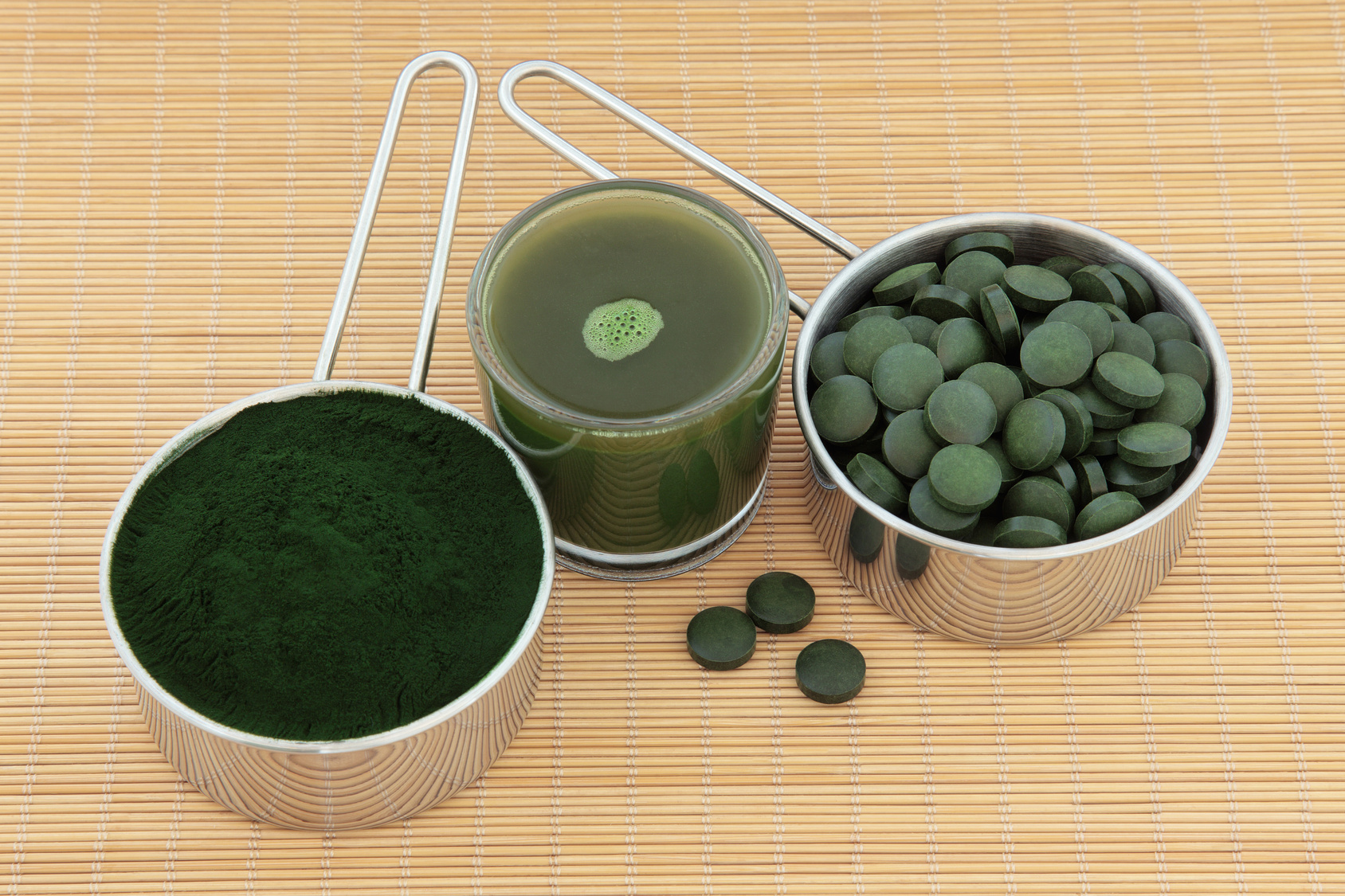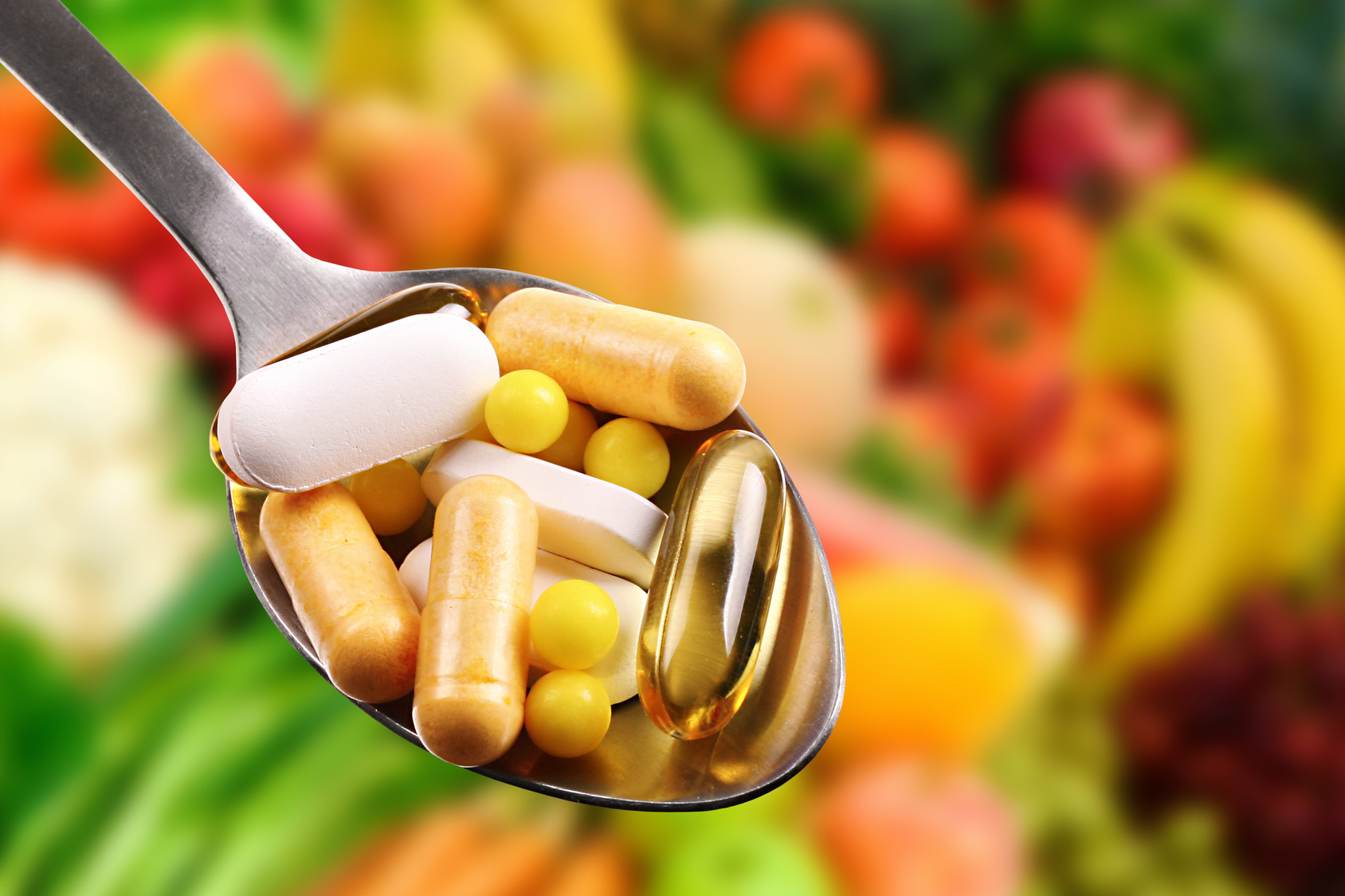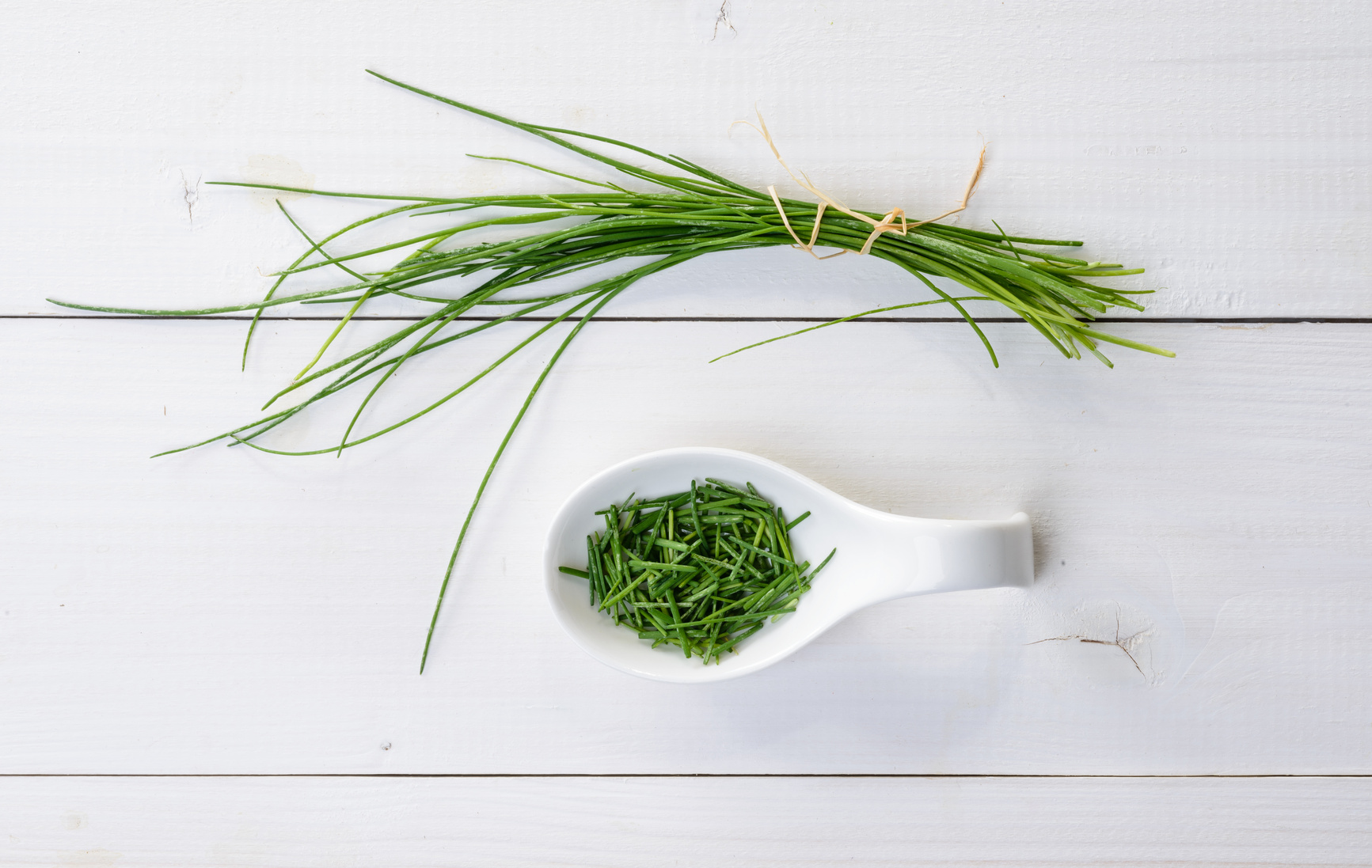$upplements – are they really what they say?
/Do you buy supplements? I do, and I used to buy a lot more until I recently read a little bit about the industry. The more I read the more it felt like one of those holiday scams; you know, “Oh no Sir, this is real ruby, special price for you”, he said holding up the orange piece of glass, or “We powdered the saffron to Hpreserve it and so you have more,” he said holding a vial, the contents of which smelt like sawdust shavings.
"It's real ginseng, I promise..."
Only, those scams seem to have a modicum more honesty. The fake ruby and saffron is usually well-below market prices preying on the deceived person’s greed or desire for ‘a good deal’; a phenomenon deception experts (my day job for many years) call ‘wanting to believe the lie’. However, supplements are priced at a premium and peddled by supposedly reputable brands, but recent studies suggest the market is riddles with frauds.
Planted evidence
So where’s the proof you ask? A University of Guelph in Canada study, widely cited in recent New York Times articles and blogs forms much of the basis. This study, published in the journal BMC Medicine, used DNA barcoding technology to test 44 herbal products sold by 12 companies, and found that:
- “Only two of the companies provided authentic products without substitutions, contaminants or fillers.
- Overall, nearly 60 per cent of the herbal products contained plant species not listed on the label.
- Researchers detected product substitution in 32 per cent of the samples.
- More than 20 per cent of the products included fillers such as rice, soybeans and wheat not listed on the label.”
Oh dear! Let’s just be clear, that is the MAJORITY of herbal products are inaccurately labelled. The NYT articles provide more detail, including that ginseng pills at Walgreens, that claim to give you “physical endurance and vitality,” contained only powdered garlic and rice. The NYT also noted that “At Walmart, the authorities found that its ginkgo biloba, a Chinese plant promoted as a memory enhancer, contained little more than powdered radish, houseplants and wheat — despite a claim on the label that the product was wheat- and gluten-free.”
Now, if you’re living somewhere without a Walmart, like I do, in Singapore, don’t get too comfortable. The ubiquitous GNC in most malls, which I have long patronised for sporting supplements wasn’t spared. In particular they were cited for including fillers in their pills, generally powdered legumes that included potential allergens soybeans and peanuts.
What can we do?
Well, keep reading the studies and articles to understand which brands have better records of honesty in product labelling, sourcing and manufacture. Unfortunately the supplement industry, unlike conventional medicines, is poorly regulated in most countries, so responsibility falls to us to maintain a healthy [pun intended] scepticism.
What’s the alternative?
It might not look much, but spirulina is a real superfood contender
Eat whole foods, in simplest terms. I appreciate that’s not always possible for supplements that provide a very particular compound not readily accessible for most people – I didn’t see many gingko biloba seeds in UK garden centres, for example! But there are other supplements that could make for fun things to grow. Take the algae spirulina for example, with its fantastic properties to help the combat the heavy metal pollutants that we inhale and ingest (think ‘the haze’ Singapore residents!), as well as being a fantastic amino acid (protein synthesis) source. Spirulina can be grown in an aquarium on a windowsill, so if your beloved goldfish has shuffled off to the great tank in the sky, why not grow some nutritious green slime (see here for one way to do it).
For the more prosaic vitamins and minerals, a balanced diet can provide most of what we need, for most of us. Yes, pregnant women may need folic acid supplements, the elderly may need vitamin D boosts to maintain bone strength, if you have illnesses or diseases preventing retention or absorption of food and nutrients etc. But, for many of us the benefits of getting nutrients from foods are manifold.
Foods provide more than one nutrient normally. Take the humble herb the chive, it’s packed with not just vitamin C, but also vitamins A and K. Mint, is rich in vitamins A, B2, B3, B6, potassium, calcium, and copper, amongst others. If you don't know what those vitamins and minerals do, check out our nutrient cheat sheet.
Chive talking nutritional herbs...
These herbs plus other vegetable foodstuffs, beyond the additional nutrient bonus, will likely provide essential fibre, aiding not just your bowel movements, but combatting type 2 diabetes and heart disease.
Finally, as discussed in past posts, plants also provide important disease-fighting antioxidant and phytochemicals.
How to supplement supplements?
Have a think about the supplements you’re buying. Why do you buy them? Could you grow foods with those properties at home? If you don’t know, then sign-up to stay updated as we work through all sorts of plants looking at how to grow them and their nutritional benefits. Stay tuned for the e-book, app and guides we’re working on to help you pick the right plants for your urban space, location and dietary needs.





